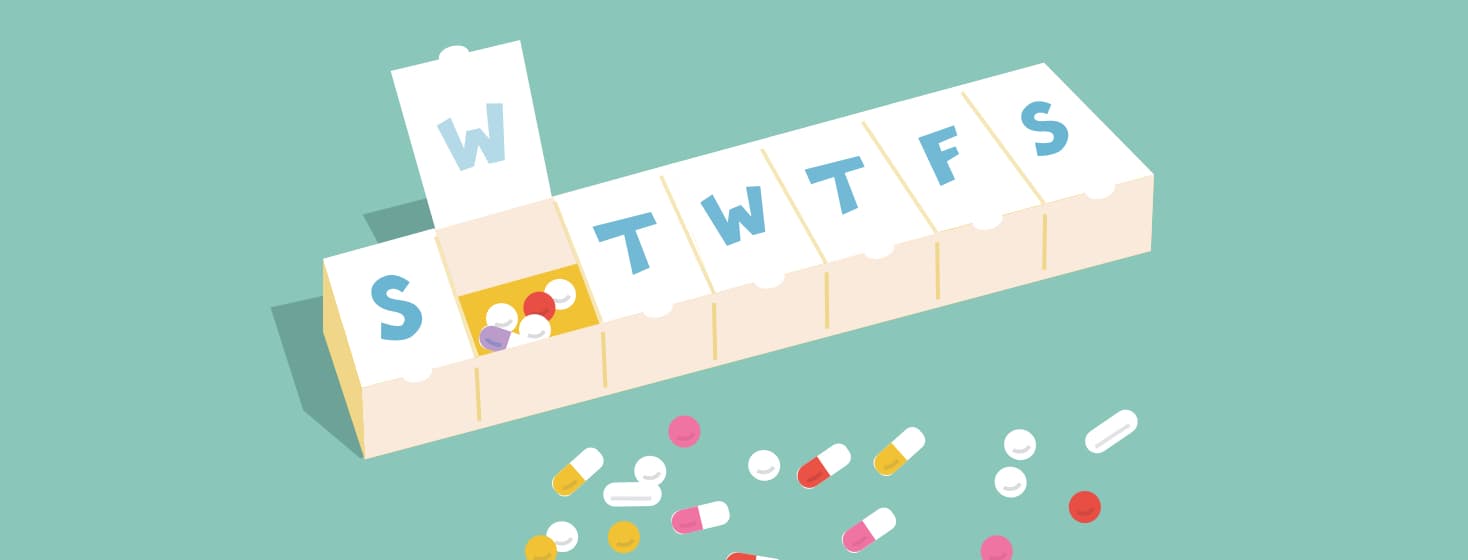A Guide to Common Drugs Prescribed After a Heart Attack (Part 2)
Editor's note: this is part 2 of a series. Be sure to check out part 1!
This article continues the discussion of commonly prescribed drugs after a heart attack.
The antihypertensives
Antihypertensives reduce blood pressure so that the walls of the blood vessels can stay healthy. This reduces the risk of another heart attack. Within the antihypertensives, there are several classes of drugs that can be prescribed:1
- Diuretics such as furosemide or hydrochlorothiazide, which also help the body release excess fluid.
- Antihypertensives that help protect the kidney, such as valsartan, candesartan, lisinopril, and enalapril.
- Calcium channel blockers, such as amlodipine, nifedipine, or diltiazem. These drugs are also used to relieve chest pain.
Your doctor will work with you to tweak these drugs until your blood pressure is at the ideal target, which is usually set at less than 140/90. It is not uncommon for people to be on 2 or 3 different antihypertensives, as long as they are in a different class of drug. This is because each class of medication has a different mechanism of action and a different side effect profile.2
Your pharmacist will go over the specific dosing and administration requirements for each antihypertensive you are prescribed.
The beta blockers
Beta blockers serve many functions after a heart attack. Firstly, they help reduce blood pressure and work like an antihypertensive. But more importantly, they help reduce heart rate, so that your heart slows down, thereby allowing your heart to work less hard. Beta-blockers end in “-olol” and include drugs such as:3
- Atenolol (Tenormin)
- Metoprolol (Lopressor)
- Bisoprolol (Zebeta)
The nitrates
The nitroglycerins help reduce chest pain if you have a condition known as angina. Angina occurs when less blood flow gets to the heart, thereby causing a feeling of tightness or squeezing in the chest.
These drugs can be prescribed daily, such as the patches, or as needed, such as the nitroglycerin spray. The spray is sprayed under or onto the tongue when chest pain is experienced. It is very important that you do not combine nitrates with another class of medications known as the PDE5 inhibitors, such Viagra or Cialis. The combination can lead to a deadly interaction.4-5
Don’t hesitate to ask for help
It is not easy to initiate so many medications at once. If you are dropping off your prescriptions, it may be difficult to grasp all the information that your pharmacist is sharing with you, especially if you were just discharged.
Bringing someone into the pharmacy with you can help for emotional support but also note important information that may get relayed to you.
Don’t hesitate to call your pharmacist after the fact if you had further questions or needed clarification. By equipping yourself with the knowledge, you can make the transition to a new normal after your heart attack.
What was your experience with being prescribed several new medications after your heart attack? Share your experiences below!
Do you have a heart failure story? Click the button below to share with our community!

Join the conversation